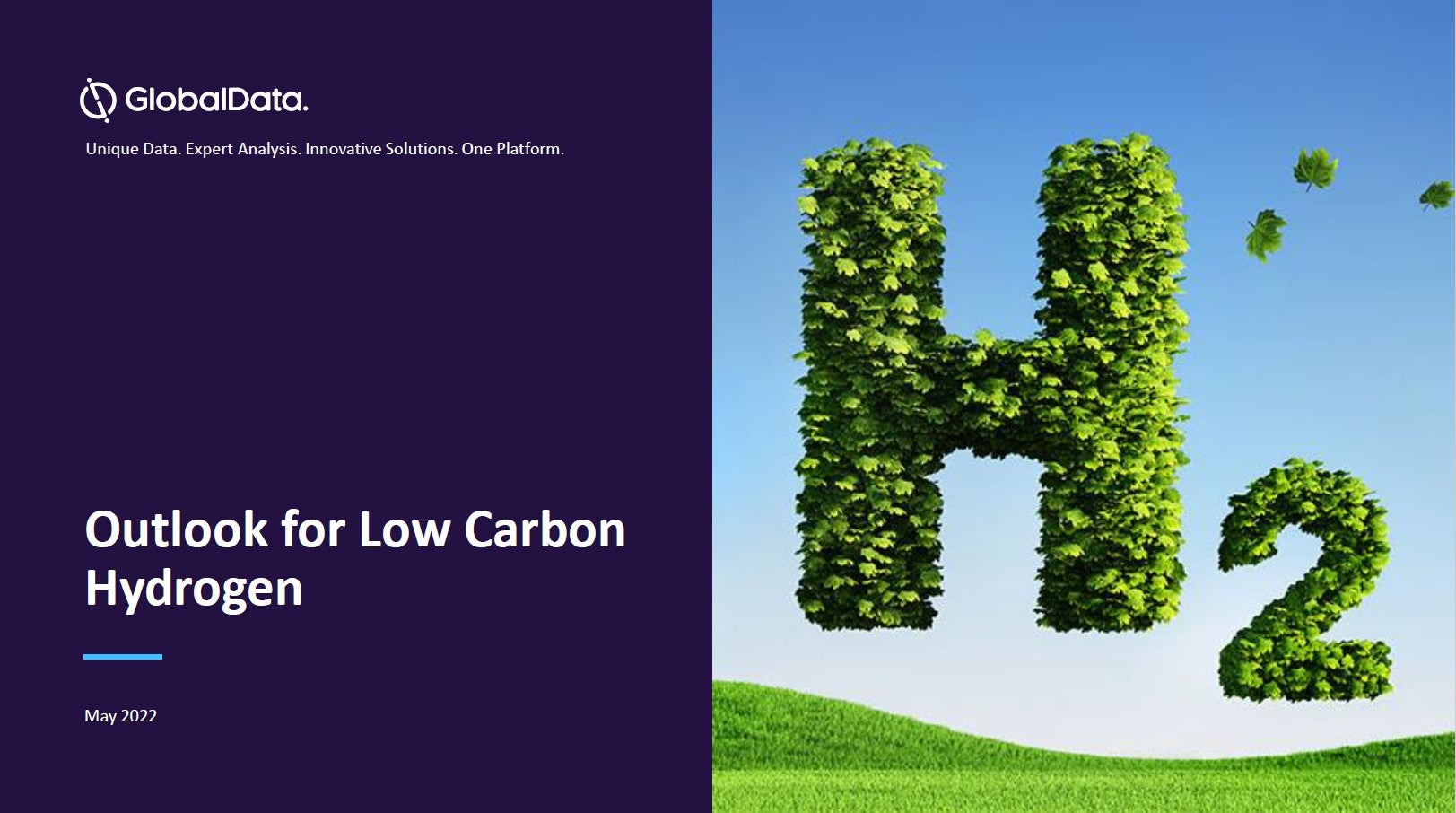The Organization for Economic Co-operation and Development’s (OECD’s) Environment Directorate specified that creating an electricity framework based on natural gas will threaten decarbonisation objectives due to the lock-in period in carbon-intensive infrastructure. Continued reliance on gas-based generation in Israel is expected to diminish the country’s efforts in mitigating carbon emissions.
Last year, more than 60% of the electricity generation mix in Israel was formed by gas, which is expected to be more than 80% by the end of the decade. With major gas-based plants such as the Beer Tubia and Jenin Combined Cycle plants currently being developed in the country, the dependence of the nation on gas is deep and is unlikely to be uprooted by renewables anytime soon.
How well do you really know your competitors?
Access the most comprehensive Company Profiles on the market, powered by GlobalData. Save hours of research. Gain competitive edge.

Thank you!
Your download email will arrive shortly
Not ready to buy yet? Download a free sample
We are confident about the unique quality of our Company Profiles. However, we want you to make the most beneficial decision for your business, so we offer a free sample that you can download by submitting the below form
By GlobalDataThere are currently approximately 6.1GW of electricity projects in the pipeline with over 65% using gas as fuel. The solar PV representation in this pipeline is a mere 17% (1GW+), while the wind is 8% (450MW+). This inclination towards natural gas over solar and other renewables is replicative of the disputes between the environment and energy ministries towards deciding a sustainable power generation mix.
To highlight Israel’s contribution towards mitigating climate change and greenhouse gas emissions, the Environment Ministry desires 40% of its installed capacity to be renewables by 2030, while the Energy Ministry is adhering to 30% with 70% to be formed by natural gas.
In order to garner the interests of investors and developers, the government would need to discourage the use of natural gas by introducing the polluter pay concept where additional costs and taxes are imposed for producing pollution. This should discourage the use of natural gas for power generation and provide a level playing field for cheap renewables for greater implementation. Investments in renewables and solar accompanied by investments in energy storage expansion will provide an infrastructure to offer steady generation, reducing the nation’s dependence on gas-based generation.






